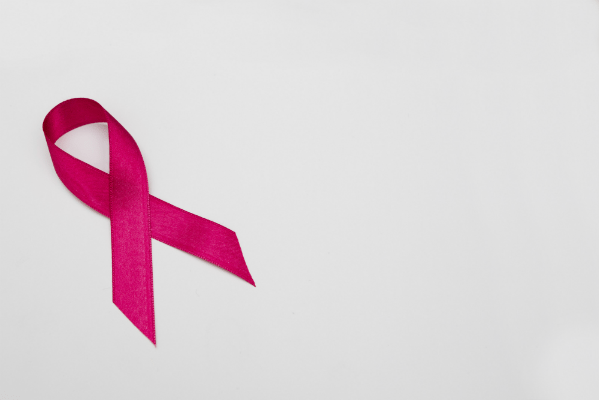
Breast cancer affects one in eight women, and the National Breast Cancer Foundation estimates that about 220,000 women are diagnosed each year. Thankfully, early diagnosis and treatment most often leads to a full recovery. Breast Cancer Awareness Month is an annual campaign to raise awareness of the disease and the critical importance of testing for early detection, as well as to raise funds for research and other important endeavors.
Fundraising for Breast Cancer Awareness
There are several ways to participate in Breast Cancer Awareness Month. The Foundation accepts direct donations and provides information about holding charity events including concerts, art shows, breast cancer walks, or other events. If you are participating in a sporting event, you have the option to create a personal fundraising page as well. You can also discover various events you can attend in your local area through the Foundation’s website.
Health insurance plans under the Affordable Care Act (commonly called “Obamacare”) have a mandate to provide mammograms without a co-pay or deductible, with some exceptions. It is important that you have health insurance that allows you to be screened for breast cancer on a regular basis. Our local team is always available to answer your questions about your health insurance coverage, as well as life insurance to protect those you love.
Taking Your Health Into Your Own Hands
Modern women are far more educated about breast cancer, in large part due to the efforts made by survivors and families of survivors who have taken it upon themselves to inform and educate women across the nation. Some of the most important ways to stay healthy that are known include:
Self-examination: The American Cancer Society provides information about breast self-examination, including its benefits and limits. Find out how to do a breast self-examination (BSE) and keep a schedule. If you notice any changes in appearance, unusual pain, or other symptoms, see your doctor. In many cases, these symptoms are not cancer but should always be evaluated by a medical professional as soon as possible.
Clinical examination: A doctor, nurse, nurse-practitioner, or other medical professional can perform a clinical examination to check for breast cancer. Watching how your healthcare provider does the exam can be a good method by which you can learn how to correctly perform a self-examination.
Mammogram: A mammogram can reveal the presence of breast cancer. This is the most common type of breast cancer test, including for healthy women, and it is often performed annually. The goal is to detect the presence of the disease early.
Diagnostic testing: If there is a suspicion of breast cancer, a biopsy can be performed to determine if a breast abnormality is cancerous.
DNA testing: Some women have a higher risk of breast cancer due to the presence of specific genetic markers. BRCA1 and BRCA2 are genes that produce proteins that suppress tumors. If either of these two genes are mutated, a woman may have an increased risk of developing breast cancer. These mutations are passed on from parent to child, and if one parent has the mutation, there is a 50/50 chance that a child will also have it. DNA testing can reveal this mutation.
Other tests: There are a range of other tests that could detect breast cancer, including PET scans, blood tests, ultrasound, and others. Talk to your doctor and get information about what type of test is appropriate for you.
Risk Factors: The Dos and Don’ts
Although leading a healthy lifestyle cannot fully protect against any disease, there are certain factors that are known to increase the potential for developing breast cancer. You can lower your risk of developing the disease by exercising, eating a nutritious diet, and maintaining a healthy weight. The factors that increase the risk of breast cancer, according to the American Cancer Society include:
- Alcohol: Drinking alcohol has been clearly linked to an increased risk of breast cancer.
- Weight: Keeping your weight at a reasonable level is important, as being overweight or obese after menopause is known to increase risk.
- Not exercising: Even the most limited exercise reduces the risk, so take a walk! As little as 1.25 to 2.5 hours a week of walking reduces risk by 18%.
- Smoking: There are studies that indicate there is a link to increased risk if you smoke tobacco, particularly for younger women.
- Aging: Older women are more likely to get breast cancer, and two out of three cases are in women over 55 years of age.
- Family history: If your family has a history of breast cancer, you may be at higher risk.
- Birth control: Women who have taken birth control pills are at slightly higher risk.
- Hormone therapy: Many women who are prescribed combined hormone therapy (estrogen and progesterone) are at a higher risk of developing breast cancer.
We support all efforts that help keep the people in our community healthy. We are here to assist with any health insurance or life insurance questions, and we are always available to review your existing policies and advise you about a better plan, less expensive health insurance plan, or higher levels of coverage. We are here to help you have the right insurance to protect your family, so you can stay healthy. Call us!
Filed Under: Health Insurance | Tagged With: Health Insurance